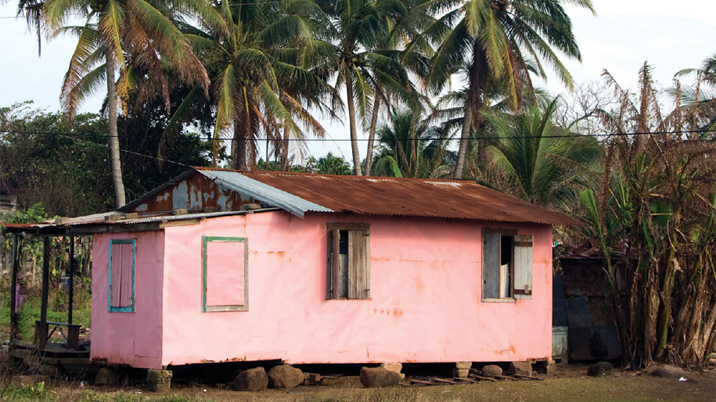The Latin America and Caribbean (LAC) region has a unique mix of qualities and challenges when it comes to the environment. It is exceptionally endowed with natural assets, with globally significant biodiversity and valuable crops, and also harbors the world’s greatest carbon sink in the Amazon.
At the same time, however, the region registers the highest rates of urbanization in the developing world with pollution, overuse of its water and natural resources and detrimental impacts on the health of people, especially the poor, and the environment.
Over the past twenty years, the LAC region has made impressive gains in tackling these issues. It leads the developing world in biodiversity conservation and natural resource management and is at the forefront in reducing urban pollution.
The World Bank has often been the partner of choice for those countries in the region that have had the initiative to pioneer innovative policies for environmental protection and natural resource management, strengthen institutions responsible for environmental management, enhance environmental sustainability, and introduce new approaches to water resources management.
Such initiatives include fuel and air quality standards in Peru, carbon emission reduction in Mexico, payment for ecosystem services in Costa Rica, participatory and integrated water resources management in Brazil, and new approaches to irrigation management in Mexico.
In this context, it is our pleasure to introduce the Environment & Water Resources Occasional Paper Series, a publication of the Environment and Water Resources Unit (LCSEN) of the Sustainable Development Department in the World Bank’s Latin America and the Caribbean Region.
The purpose of the series is to contribute to the global knowledge exchange on innovation in environmental and water resources management and the pursuit of greener and more inclusive growth. The papers seek to bring to a broader public – decision makers, development practitioners, academics and other partners - lessons learned from World Bank financed projects, technical assistance and other knowledge activities jointly undertaken with our partners. The series addresses issues relevant to the region’s environmental sustainability agenda from water resources management to environmental health, natural resource management, biodiversity conservation, environmental policy, pollution management, environmental institutions and governance, ecosystem services, environmental financing, irrigation and climate change and their linkages to development and growth.


